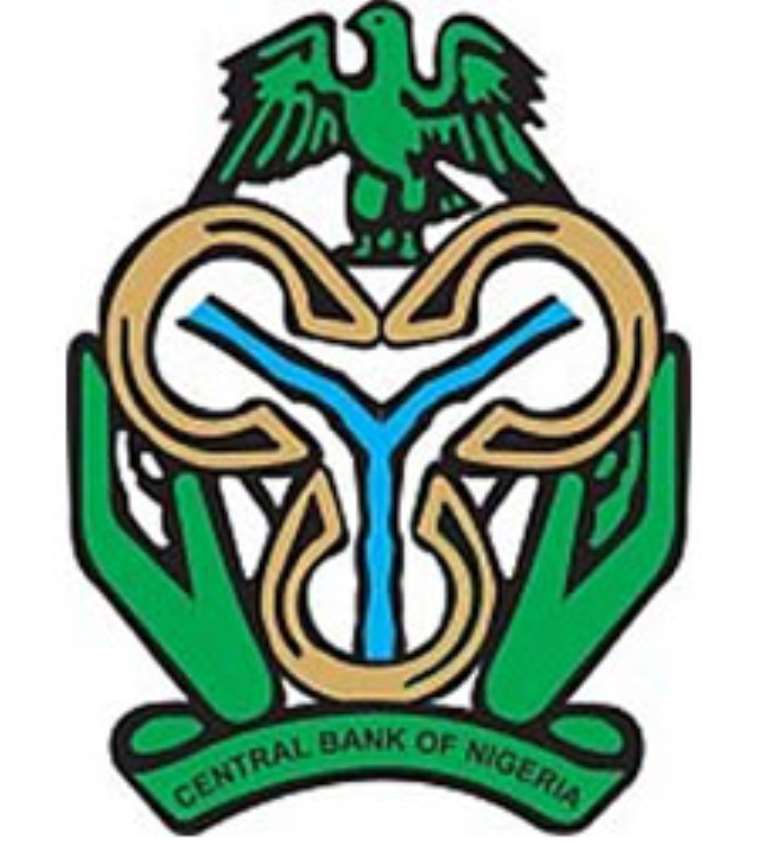CBN ROLLS OUT GUIDELINES ON CURRENCY FUTURES TRADING

The Central Bank of Nigeria, (CBN) Monday, made real its pledge to further deepen the nation's financial market when it rolled out new guidelines for formal commencement of future trading in foreign currencies with auctions to be conducted as much as three months forward.
The derivative market is coming as part of the apex bank's strategies to further stabilize the nation's foreign exchange market where demand by end users has been running far ahead of supplies over the past few months.
According to the operational guidelines on the new trading scheme posted on the CBN website in Abuja Monday, the auction will be conducted twice a week, with three tenors of 1, 2 and 3 months, and minimum allowable bid by an authorized dealer for each tenor fixed at $500,000.
'With a deep forward market, it is believed that the demand for foreign exchange will smoothen out and accelerated demand in reaction to anticipatory depreciation in naira will reduce,' the Central Bank said.
The foreign-exchange reserves of Nigeria, sub-Saharan Africa's second-biggest economy, declined by about $10 billion in the year through Nov. 29 to $33.1 billion as the CBN used the funds to defend the naira.
The CBN was unable to meet banks' demand for foreign currency at all 11 foreign exchange auctions held since December1, 2010 according to data from the bank.
At the latest auction held on Monday, the Central Bank sold $250 million of foreign currency, less than the $256.7 million that banks requested. The marginal rate, which is also used as the prevailing exchange rate, was N150.35 compared with 150.31 naira at the previous auction held on January 26, 2011.
Since assuming office in June 2009, CBN governor, Mallam Sanusi Lamido has invested much and resources in trying to stem pent-up demand for foreign exchange from end users which had also exerted considerable pressure on the naira exchange rate.
As a stop gap measure, he attempted to consolidate on the foreign currency liberalization policy of his predecessor by licensing more bureau de change operators in class A and B with the hope of ensuring that more Nigerians have access foreign currencies easily. Apparently worried by the outcome of that experiment, Sanusi withdrew his support from bureau de change merchants and has since been looking for more efficient ways of administering the market considered too critical to the nation's economic survival due to her import dependent status. The country depends largely on imports for most of her raw materials and manufactured goods hence the pressure on the foreign exchange market.
